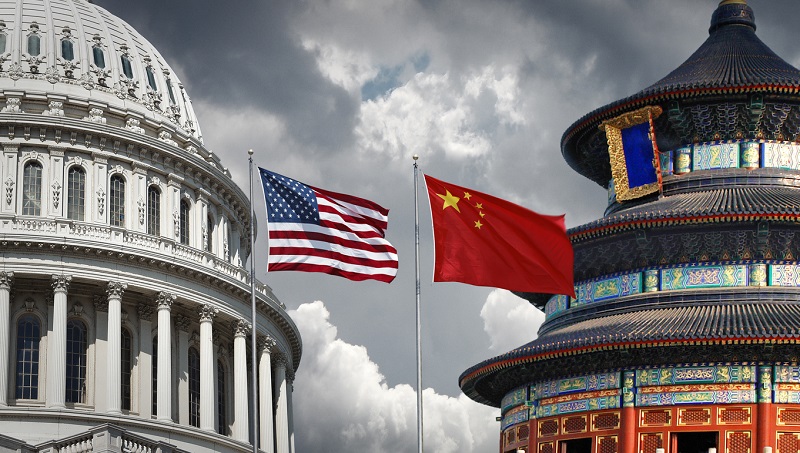International Trade Trends in 2020 – What’s Next
2020 is set to be a year of consolidation and resurgence. 2019 was fraught with much-unprecedented uncertainty due to political motivations. This ranged from the North America trade renegotiation, the US-China trade war, the China-Japan trade tensions, and the South Korea-Japan dispute.
Asia integration
Although the continent is filled with disputes between its significant economies (China, Japan, South Korea), they are still coming together. Despite America pulling out of the Trans-Pacific Partnership (TPP), also known as the Comprehensive and Progressive Agreement for Trans-Pacific Partnership (CPTPP), the Asian and Pacific nations still revived it on their own. The regional body ASEAN is finalizing its Regional Comprehensive Economic Partnership (RCEP).
China
China is a part of Asia but still deserves it's own mention. Out of all the superpowers, it is currently the most aggressive at seeking and closing multilateral trade agreements. China's Belt Road Initiative (BRI) will continue to shape infrastructure developments in Asia, Africa, and Europe.
Additionally, as the nation moves away from being an exporting economy to one that is grown through domestic demand, the health and direction of the Chinese economy will dictate global trade trends. The IMF estimates that China will contribute 28% of global growth by 2023.
US-CHINA trade war
The trade spat has gone on for longer than what anybody expected. The process has been fraught with a lot of false starts and confusion on what's going on. 2020 will be an essential marker in the negotiations as the US will be in full elections seasons. Whether President Trump will be stronger or weaker during elections will determine how negotiations go. Should there be a newly elected President after the elections, it will have a bearing on the negotiations.

Inter-Africa trade
Africa contributes a small percentage to global trade, despite its size. This is primarily due to historical trade imbalances, chief among them was that the African nation did not trade well with each other. In 2019, the nation's finally brokered the first continental trade agreement that will create the rules for them to trade with each other. The African Continental Free Trade Agreement (AfCFTA) has been signed by all African nations and is projected to contribute to Africa's growth.
Smarter regulations
2020 will see the enforcement of new regulations on international trade. Incoterms 2020 will come into effect on January 1. They will provide more transparent rules and guidelines for the relationships and risk management between importers, exporters, and transporters.
Stay Tuned with EXIMA
Here at EXIMA, we’re looking forward to an interesting year of international trade. Subscribe to our newsletter to stay up-to-date with the latest in international trade!









